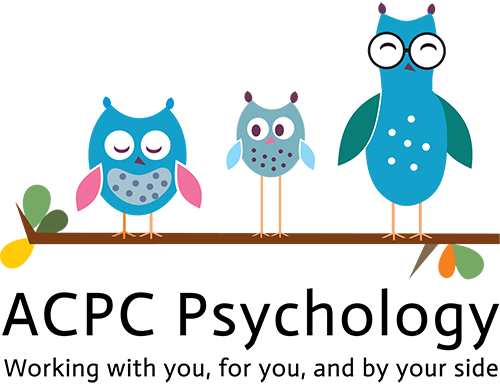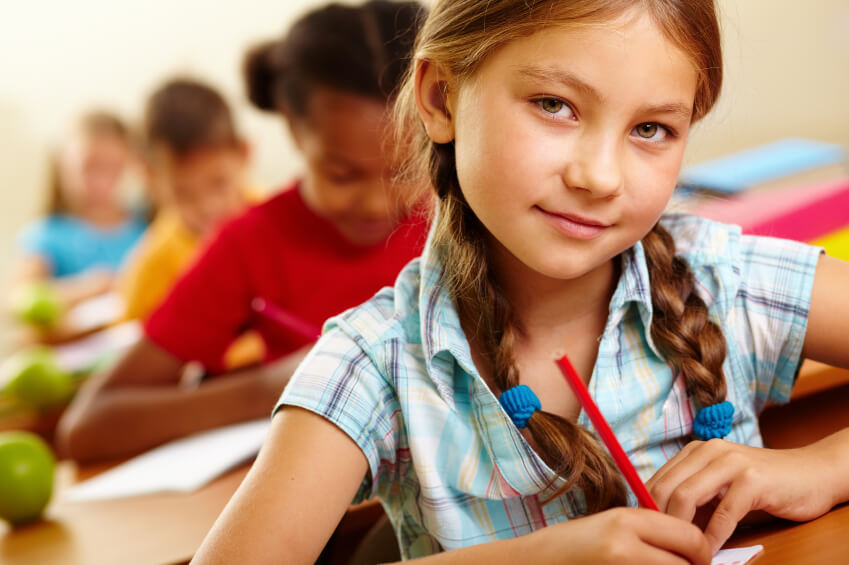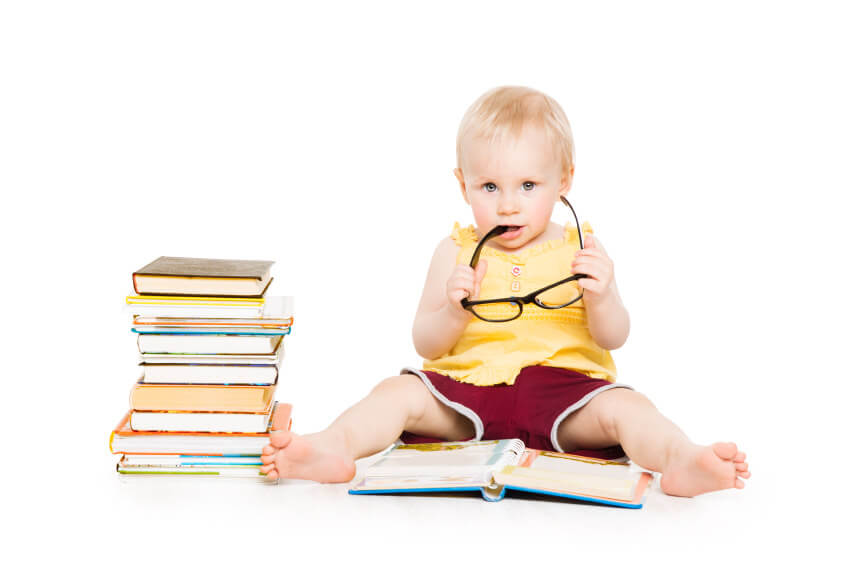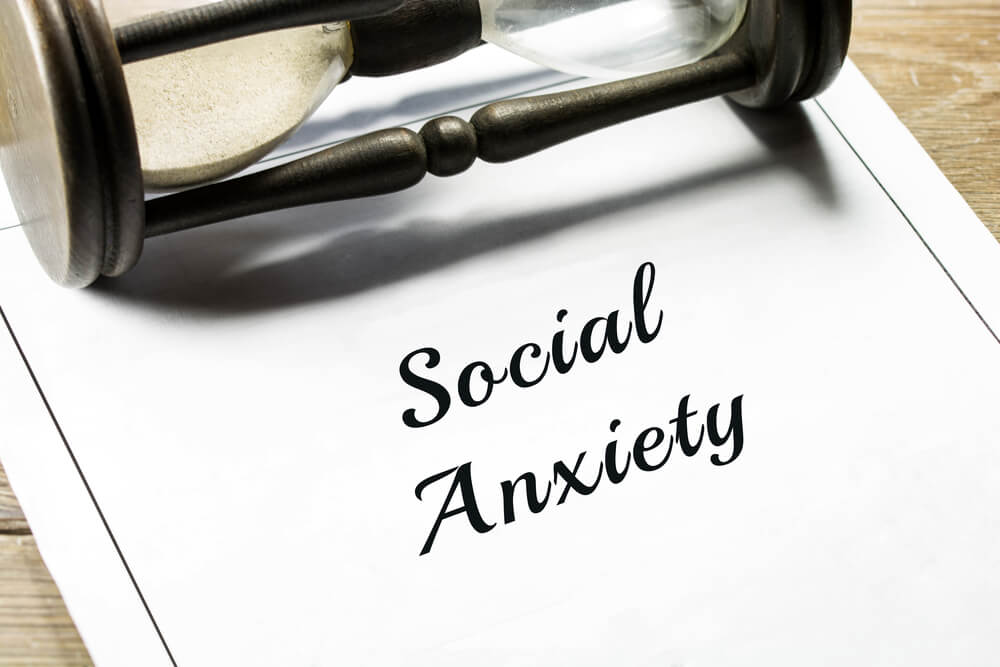Book Recommendations from a Practising Psychologist
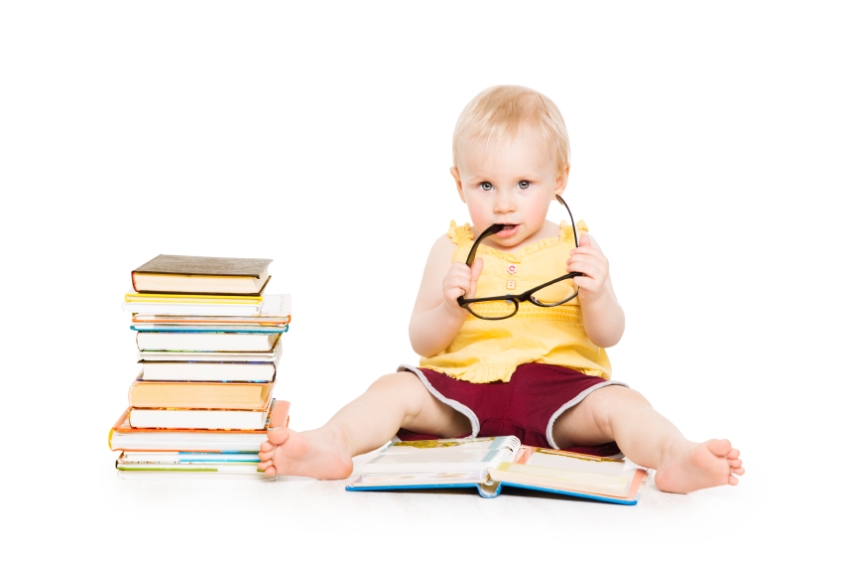
As clinical psychologists who specifically work with children and adolescents, we usually work closely with parents and caregivers. Following our comprehensive assessments, and after discussions on concerning or challenging behaviours, one question we hear often from families is, “Are there any books you can suggest to us on topic XYZ?”
Below are four books that are commonly recommended depending on the concerning behaviours shared by parents and caregivers. Reasons why these books are recommended; 1)They have been specifically written for parents of children with developmental, behavioural, or emotional difficulties 2) They are easy to read, practical and free of esoteric language.
For each title, we have also included 'one parenting tip' straight from their pages to give you a taste of how they can help you understand and support your child.
THE AUTISM DISCUSSION PAGE ON THE CORE CHALLENGES OF AUTISM
Bill Nason
The Autism Discussion Page was originally a Facebook page where the author posted regular articles for supporting children on the spectrum. This resource continues to be updated to this day, but this book is essentially all the parenting and teaching strategies and advice contained in a written manual for easy referencing. It manages to comprehensively summarise how children with autism perceive the world and process information differently, and why they struggle socially and emotionally, while offering practical advice for parents, teachers, and therapists alike. Bill Nason also wrote a companion book that focuses on anxiety and challenging behaviours, but we would recommend that you read this one first.
Tip: Help your child feel safe and secure. Be aware of the sensory, cognitive, and social stressors that overwhelm your child. Make a list of what to do to help your child feel safe and secure when engaging with family, teachers, and therapists in different environments.
THE EXPLOSIVE CHILD
Ross W. Greene
This book was personally an eye-opener for working with children with behavioural issues. While consistent reinforcement and consequences is believed to be a cornerstone of behaviour management, Ross Green’s classic parenting guide offers an alternative approach. Instead of modifying the child’s behaviour, the idea of understanding each others’ concerns, focusing on solving problems collaboratively and implementing on agreed upon solutions is surprisingly novel yet effective and evidence-based.
Tip: Assume that your child is doing the best they can. If they are misbehaving or reacting inappropriately, assume that they currently lack the skills for dealing with the demands of the current situation.
HOW TO TALK SO KIDS WILL LISTEN AND LISTEN SO KIDS WILL TALK
Adele Faber & Elaine Mazlish
In terms of practical advice for general parenting, Faber and Mazlish’s book surpasses most with their countless examples and their engaging illustrations of their methods put into practice. Topics include helping children with their feelings, what language to use to encourage cooperation when giving instructions, and how to encourage independence and autonomy. This one covers communication and behaviour management strategies for primary school children, but there are also other titles for toddlers and pre-schoolers, as well as one for teenagers and adolescents.
Tip: Instead of giving evaluative praise (e.g., “You’re a good girl/You did great/This is amazing”), notice and observe what you see and feel instead, and offer descriptive praise that is specific to the behaviour (e.g., “I can see all the toys are back in their boxes; it’s so nice to walk into your tidy room.”)
BREAKING FREE OF CHILD ANXIETY AND OCD
Eli R. Lebowitz
Based on the Supportive Parenting for Anxious Childhood Emotions (SPACE) treatment program, this book offers a handy guide for parents of children with anxiety problems. Whilst parents often have the right intentions and they want to help their distressed children, some actions are likely to be more helpful than others and this book highlights how being overly protective may not be ideal in the long run. Rather than change how their children react, the emphasis is on parents modifying their own behaviour; learning how to respond more supportively when their children are anxious, and reducing the accommodations they often serve to maintain the anxiety.
Tip: When it comes to responding to your anxious children, you need to show them ACCEPTANCE (you will not judge them and that you understand that they are anxious) and CONFIDENCE (that you have complete faith that they can cope with some anxiety and that they will be okay despite the anxious feelings).
So, there you have it, those are the four books that we recommend for some families we work with. Despite there being an endless source of information that is conveniently accessible online, it can be quite confusing given the mixed messages and the question of reliability of the information. When it comes to looking after our children and ensuring their well-being so they can later develop into functional adults, there is something about the nature of the printed word that is more reliable, more comprehensive and of course more evidence based!
Written by: Jacky Au, Clinical Psychologist at ACPC Psychology
